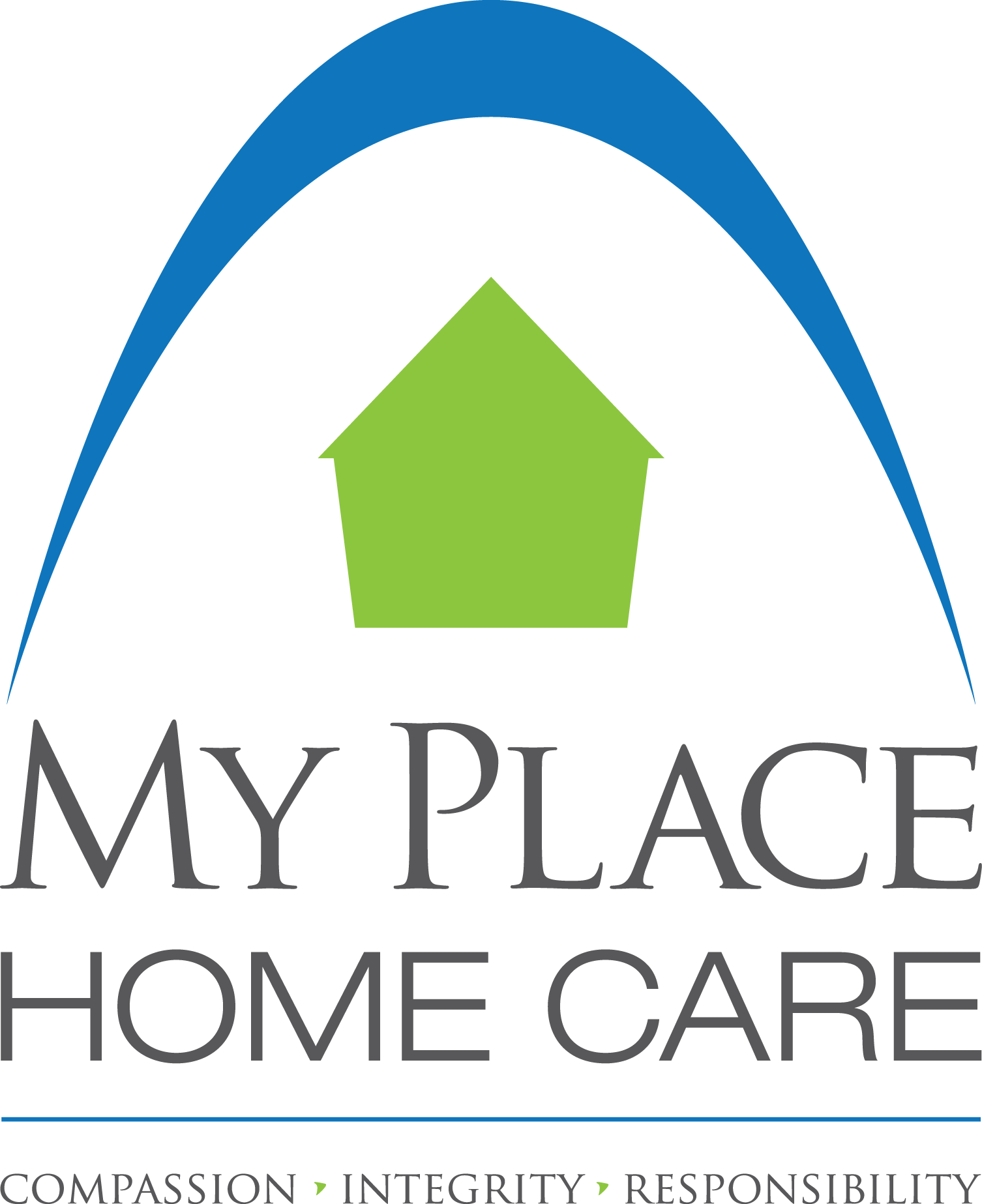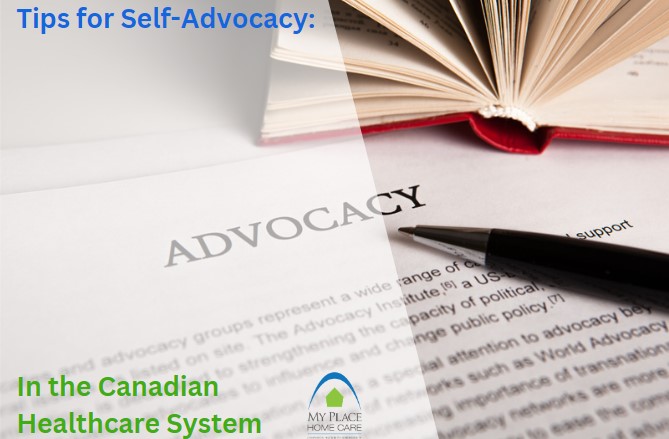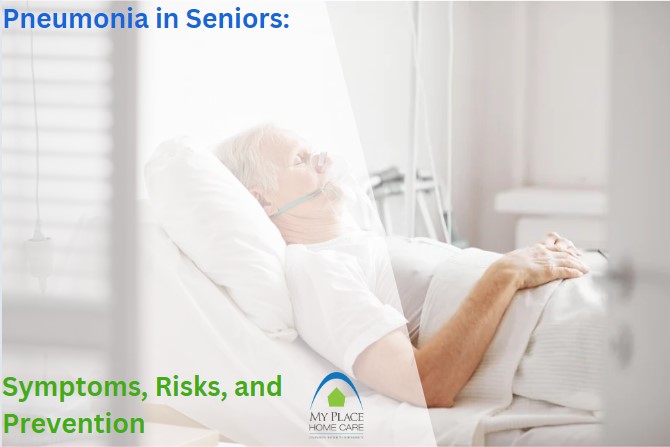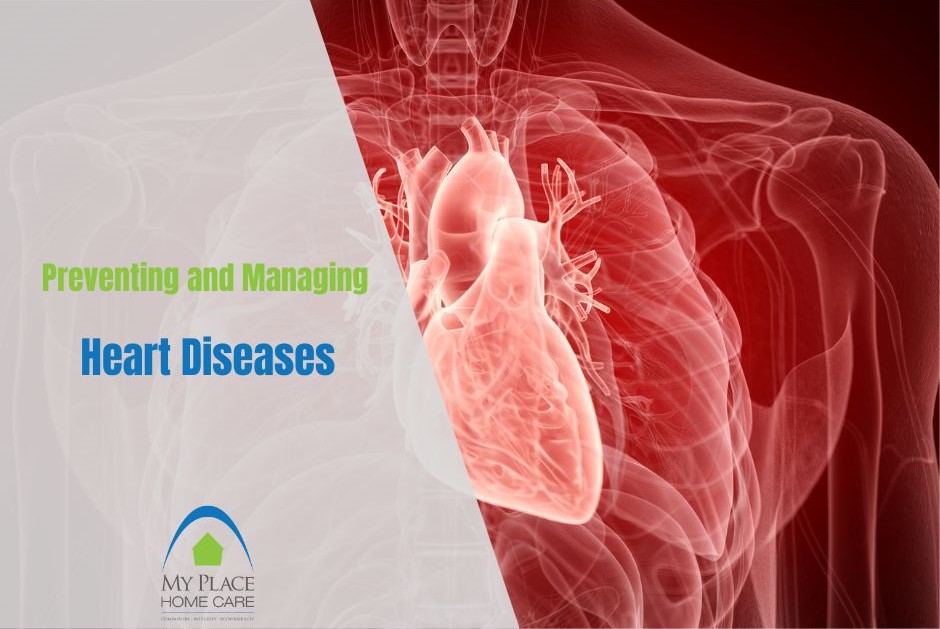Expert Foot Care Services for Seniors in Ottawa: Why Proper Foot Health Matters for Aging Parents
As we age, maintaining good health becomes more challenging, especially for our aging parents. One area that is often overlooked, but is vital to overall well-being, is foot health. For seniors, proper foot care is crucial in preventing infections, mobility issues, and chronic pain. Foot problems can negatively impact a senior's ability to walk, stand, or engage in daily activities, leading to a loss of independence. In this blog, we’ll explore...
TIPS FOR SELF-ADVOCACY IN THE CANADIAN HEALTHCARE SYSTEM
Self-advocacy in the Canadian healthcare system is key to ensuring you receive the care and services you need, especially in a complex, often overwhelmed system. Here are practical tips to help you effectively advocate for yourself or a loved one within the healthcare system: Be Informed About Your Health The first and perhaps most important tip for everyone to know is be informed about your own health. Keep an up to date...
PNEUMONIA IN SENIORS: SYMPTOMS, RISKS AND PREVENTION
Pneumonia poses a significant health risk for seniors, who are more susceptible to complications and severe outcomes due to age-related changes in the immune system and the presence of other chronic health conditions. Understanding the risks, symptoms, prevention, and treatment of pneumonia in older adults is crucial for promoting their well-being. What is Pneumonia? Pneumonia is an infection that inflames the air sacs in one or both lungs, which can fill with...
THE DIFFERENCE BETWEEN HOME CARE AND MEDICAL CARE
Home care and medical care are two distinct types of services that cater to different needs, particularly for older adults or individuals with chronic conditions. Understanding the difference between these services can help individuals and families make informed decisions about the type of care that best suits their needs. Home Care Definition: Home care refers to non-medical services provided in an individual's home to assist with daily living activities. These services are...
UNDERSTANDING UTIs IN SENIORS: SYMPTOMS, RISKS, AND PREVENTION
Urinary tract infections (UTIs) are common in seniors and can significantly impact their health and well-being. Unlike younger individuals, older adults may not exhibit the typical symptoms of UTIs, making diagnosis and treatment more challenging. In this blog, we'll explore the causes, symptoms, risks, and preventive measures associated with UTIs in seniors. What is a UTI? A UTI is an infection in any part of the urinary system, including the kidneys, bladder,...
THE IMPORTANCE OF CONVALESCING CARE: SUPPORTING RECOVERY AND WELL-BEING
Convalescing care, also known as post-acute or recovery care, plays a crucial role in helping individuals recover from illness, surgery, or a medical event. It involves providing the necessary support and care during the transition from hospital to home or another care setting. In this blog, we’ll explore the significance of convalescing care, its benefits, and tips for ensuring a smooth recovery process. What is Convalescing Care? Convalescing care is designed to...
Importance of Immunizations
Getting your annual flu vaccine may seem like something you just have to do every year. But you may not realize just how important not only the flu vaccine is, but all vaccines are. Vaccines are the best way to protect yourself and your loved ones from preventable diseases. They help your body create protective antibodies – proteins that help fight off infections. What can vaccines do for me? In addition to...
Managing and Preventing Heart Disease
Heart Disease in Canada In Canada, heart disease is the second leading cause of death after cancer, and a leading cause of hospitalization. Heart disease occurs when there is reduced blood flow to the heart. It is a general term that refers to a range of conditions that affect the heart. These conditions include ischemic heart disease (which can lead to acute myocardial infarction), angina, arrhythmia, atrial fibrillation, and heart failure,...









